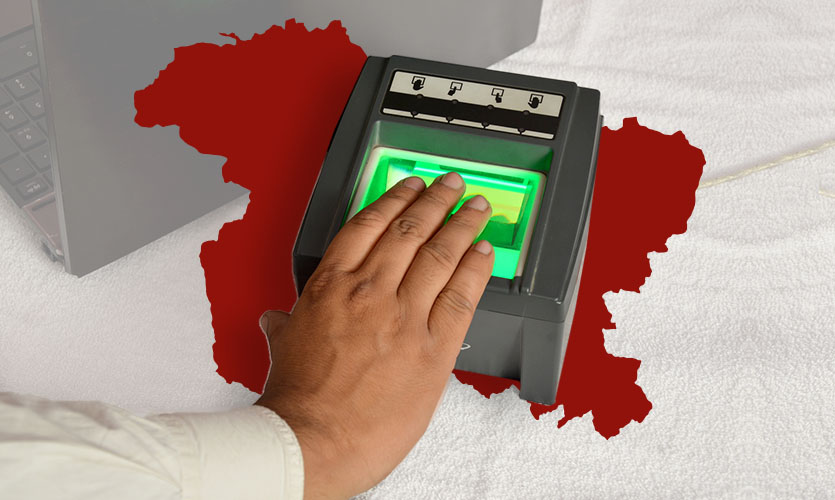As per several reports, the Jammu and Kashmir administration plans to create a database of all families residing in the Union Territory, with each having a unique alpha-numeric code, in order to identify the eligible beneficiaries of all social welfare schemes.
While the BJP has welcomed the move to allot these unique IDs, other parties have expressed concerns about the security of personal data.
“Each family will be provided with a unique alpha-numeric code called J&K Family ID. The data available in the family database would be used to determine eligibility through automatic selection of beneficiaries for receiving social benefits,” read an official statement.
The purpose of the database, similar to Haryana’s ‘Parivaar Pehchaan Patra’, is to eliminate the need for families to apply for benefits under each individual scheme, as per Prerna Puri, Commissioner Secretary of the IT Department. Each and every family in Jammu & Kashmir would be identified in the database, and the basic information of each family would be collected, provided with their consent, in a digital form. The document also states that all applicable laws and regulations concerning data protection must be followed.
Many people have been claiming that Census 2011 was not accurate, and that many people were wrongly added to the BPL category as a result of its inaccuracy. According to the BJP, the database would be beneficial in many ways. It said that Haryana had a similar family database already in place, and so there was no need to worry about data safety. Congress spokesperson Ravinder Sharma questioned the government’s intentions and capacity to protect such databases. He highlighted that cyber attacks by Chinese entities and ransomware attacks on AIIMS servers present a major challenge when it comes to protecting people’s personal information.
Rattan Lal Gupta, provincial president of the National Conference, said that the exercise was an unproductive use of resources. According to People’s Democratic Party leader Virendra Singh Sonu, the government ignores a number of important issues in Jammu & Kashmir. He asked, “Now, whom is the government trying to identify through this database?”
MY Kichloo, senior superintendent of police for security, said that digital storage of data will remain vulnerable to cyber attacks. “We will face the same problems in Jammu and Kashmir which are faced across the country viz- a-viz data. Whenever a database is prepared by the government, an IT audit is conducted by experts,” he said. He added that a notification under Section 70 of the Information Technology (IT) Act will be issued soon by the Jammu and Kashmir government, declaring that all information structures of government offices and public sector companies be protected.
“In case of a data breach, the quantum of punishment would be 10 years, which would work as a deterrent,” added Kichloo.
Jagdish Raj Hans, chief town planner at the Jammu Development Authority, said that the exercise would benefit the government in more ways than one. “Currently, JDA is conducting a socio-economic survey for revising the master plan and a door-to-door survey of nearly 9,000 households is being undertaken with the help of a Delhi-based consultancy firm. If a bigger database with all social indicators of families of J&K becomes available, then we would not have to do this sample survey,” he said.
An e-governance conference held recently in Katra saw the first unveiling of the plan. Lieutenant Governor Manoj Sinha released a ‘Digital Jammu & Kashmir’ vision document that discussed the creation of authentic and reliable data about all families living in the UT. According to the report, the database created for each family will identify them along with their socioeconomic status. Each and every family in the region would be identified in the database, and basic family data would be collected in a digital format with the family’s consent. Using emerging technologies, the government aims to enhance efficiency, effectiveness, transparency, and equity in the delivery of public services and all government functions over the next five years.
Read more: Centre Asks Apex Court To Define Powers Of The NCT Delhi Government










